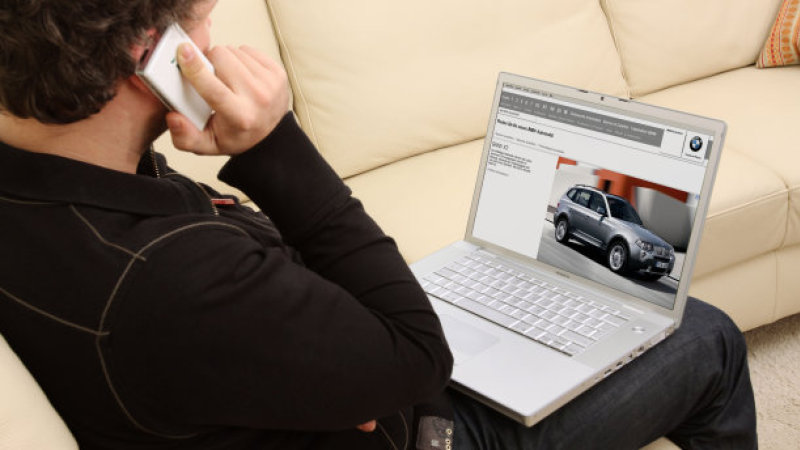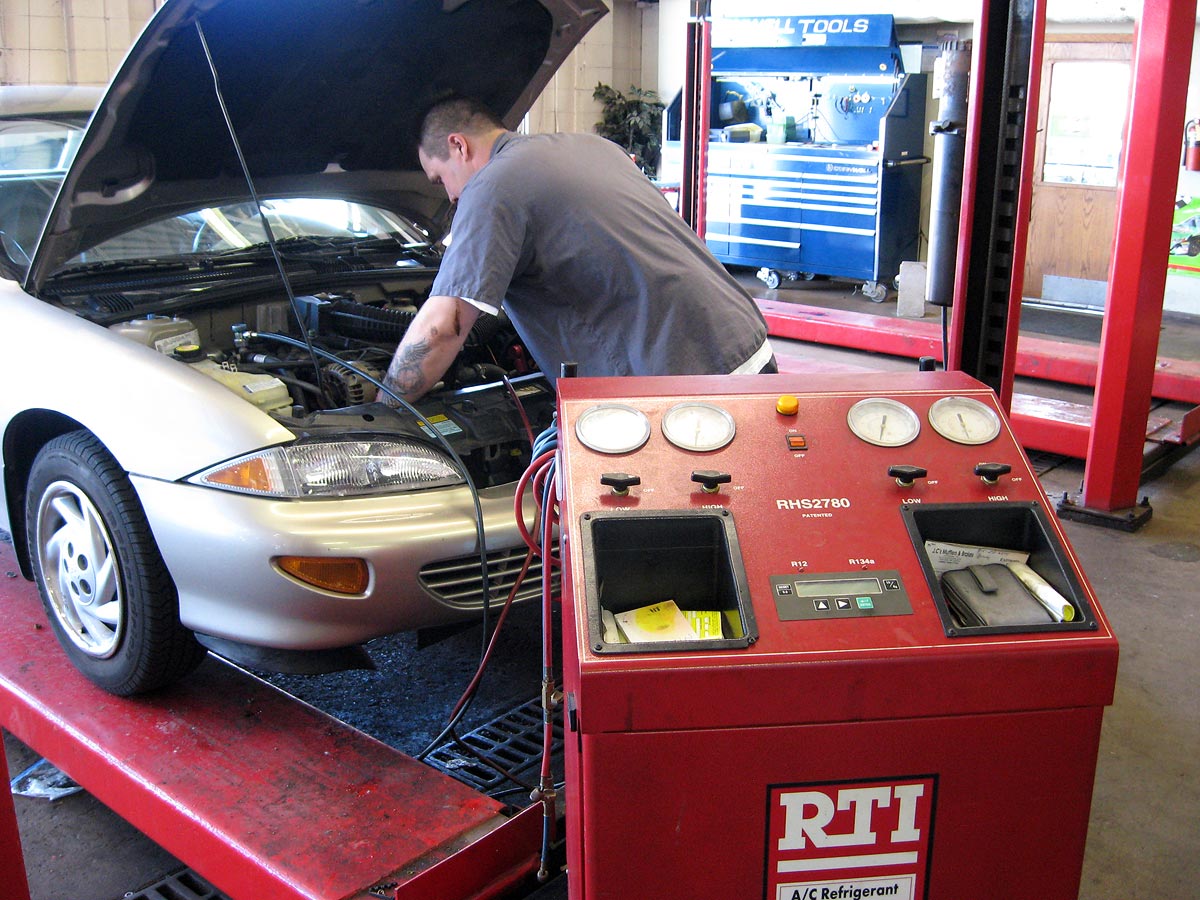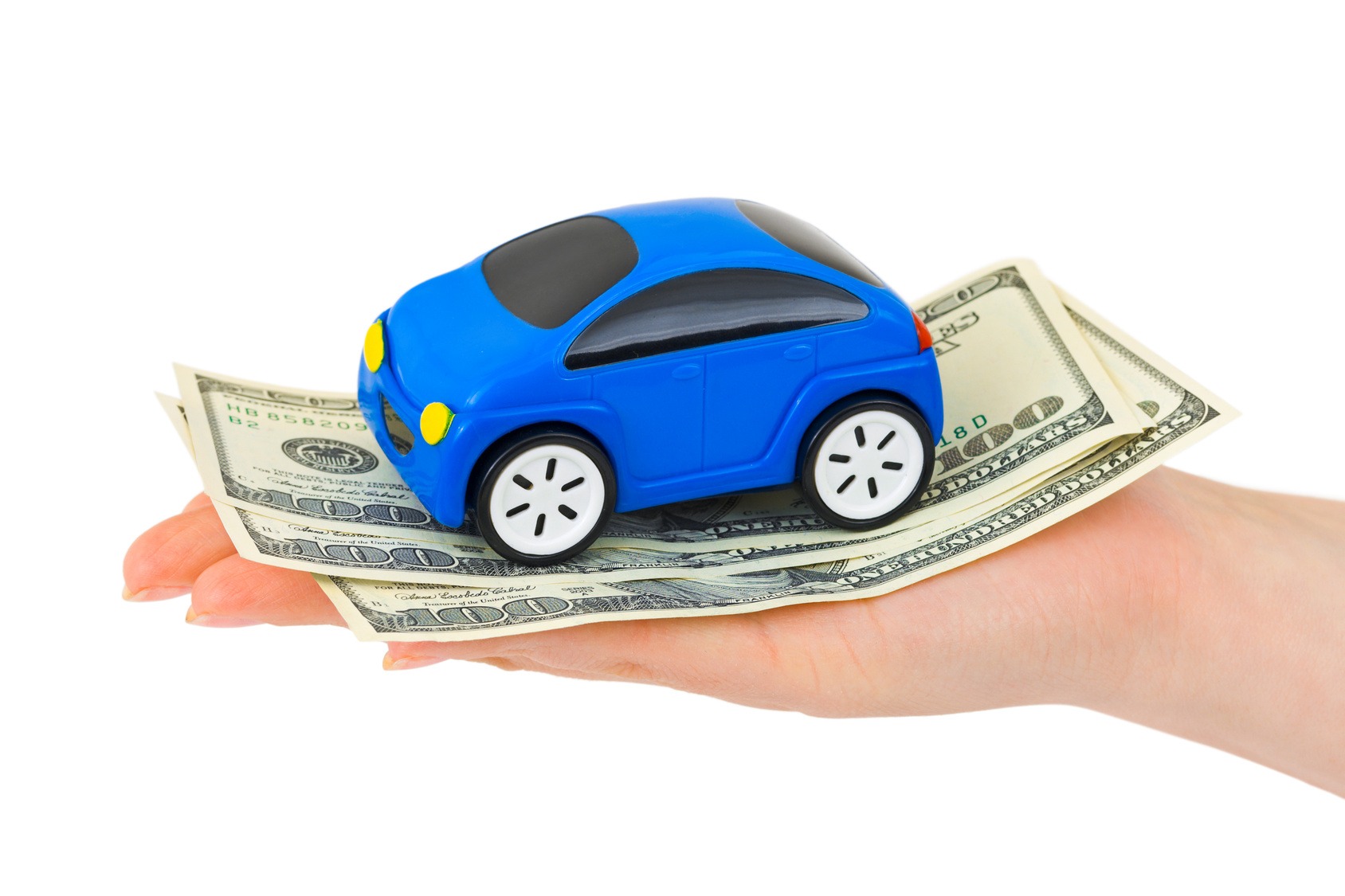Buying a car is an activity with which a lot people have a bit of problem. This can be caused by a lack of information on cars and the purchasing process. You also need adequate negotiation skills. Use this article to help you become an expert car shopper.
If you are in the market for a used car, you should always get a CarFax report. The CarFax report will let you know if the car has been in an accident. If the car has been in an accident, you probably want to keep searching and not buy that car.
Ask the car dealer to show you a vehicle history report. This can tell you if the vehicle has been in an accident or if it has been recalled. It can also show you what repairs have been done and when they were done so that you know exactly what you are buying.
Find out about the different warranties that are available. You do not want to spend a couple thousand dollars on a warranty that is not going to cover the repairs that commonly occur. Instead, shop outside of the dealership to find one that will cover the repairs at a better price.
Ask your family and friends about what they know about cars. Do they have a car they love? Do they have regrets about the decisions they made? Do they know something you do not know about a particular car? When you are shopping for a vehicle, this initial information will be useful to you.
Shopping for a new car can seem complicated when it comes to pricing. Take your iPad or phone with you to the dealer. You can search the Internet and find car payment calculators that will let you know what your payment is going to be without having to rely on the dealer.
Bring a spare set of keys with you to the dealership. When they ask for the keys to your trade in, give them the spare. Some dealerships will use your car keys to hold you hostage if a deal is not made. You want to avoid this, so make sure you have the ability to walk out of the dealership at any time without having to ask for your keys.
Before going car shopping, clean all personal items out of your car. Doing this one thing will save you considerable time at the dealership. This will also ensure that you do not leave behind important documents such as insurance papers. Nothing is worse than getting home and realizing the you left something in the car you just traded in.
Work on your credit score before you buy a car. A bad credit score means higher interest fees. That will result in a higher monthly car bill. And in some cases, that will result in higher premiums for car insurance. Get your credit in order so you aren’t locked into high fees for the life of your car loan.
One important thing to keep in mind is the overall average value of cars in your country. By knowing the general value, you can see if the car lot where you are shopping is overcharging or not. If you feel all their prices are too high, simply move on to the next one.
All car dealerships are not made equally. If you find one store to have prices that are very expensive, just walk right back out. If they have overpriced their products, you can feel free to assume they will not take this negotiation seriously. Look for a reputable dealer instead.
Find out all you can about rebates. You can either get a cash rebate, low loan interest rate or the dealer themselves gets the rebate in cash. It is the manufacturer who offers these rebates, not the dealership. This will only be available on cars available on the lot, of course.
It is illegal for a dealer ship to roll back the odometer on any car they sell. Even if they put a new motor in the car, it is still illegal. If you suspect that a dealer is not stating the correct mileage on a car, leave and shop elsewhere.
Don’t ever buy a car the first day you find it and check it out. Give yourself at least a day to sleep on it and think of anything else you can to help you secure a better deal. Waiting with patience will fare you much better in the long run.
Prior to the negotiation, get an idea about every potential incentive. Do your research on the trade-in value on your vehicle, current rebates and incentives, and warranty programs. You will be able to haggle better if you know what they are offering before you walk into the dealership to buy your car.
Take the time to find the car that you want before heading to the dealership. Learn about the available options for that car. Furthermore, research to find out what other consumers are paying for that car with the options that you want. This way, you can better be prepared to get the dealer to sell you the car for what it’s worth.
When trading in your vehicle, don’t use your personal value as a standard. Take some time to find out how much your car is actually worth. This is a good way to find out how much you should expect from the trade in and factor this amount in the final price.
When looking at specific used cars, know about the blue book values. If you have to, leave and come back, having researched the resale value, life, and blue book value of the car you’re interested in purchasing. This will help guide you towards what you know that you should be paying.
Now, you are aware of what it takes to shop for a car. It needn’t be that hard, and you can simply read over the tips again. When you’re driving around in your nice car, you will be happy you read this article. Begin shopping for your car today.


